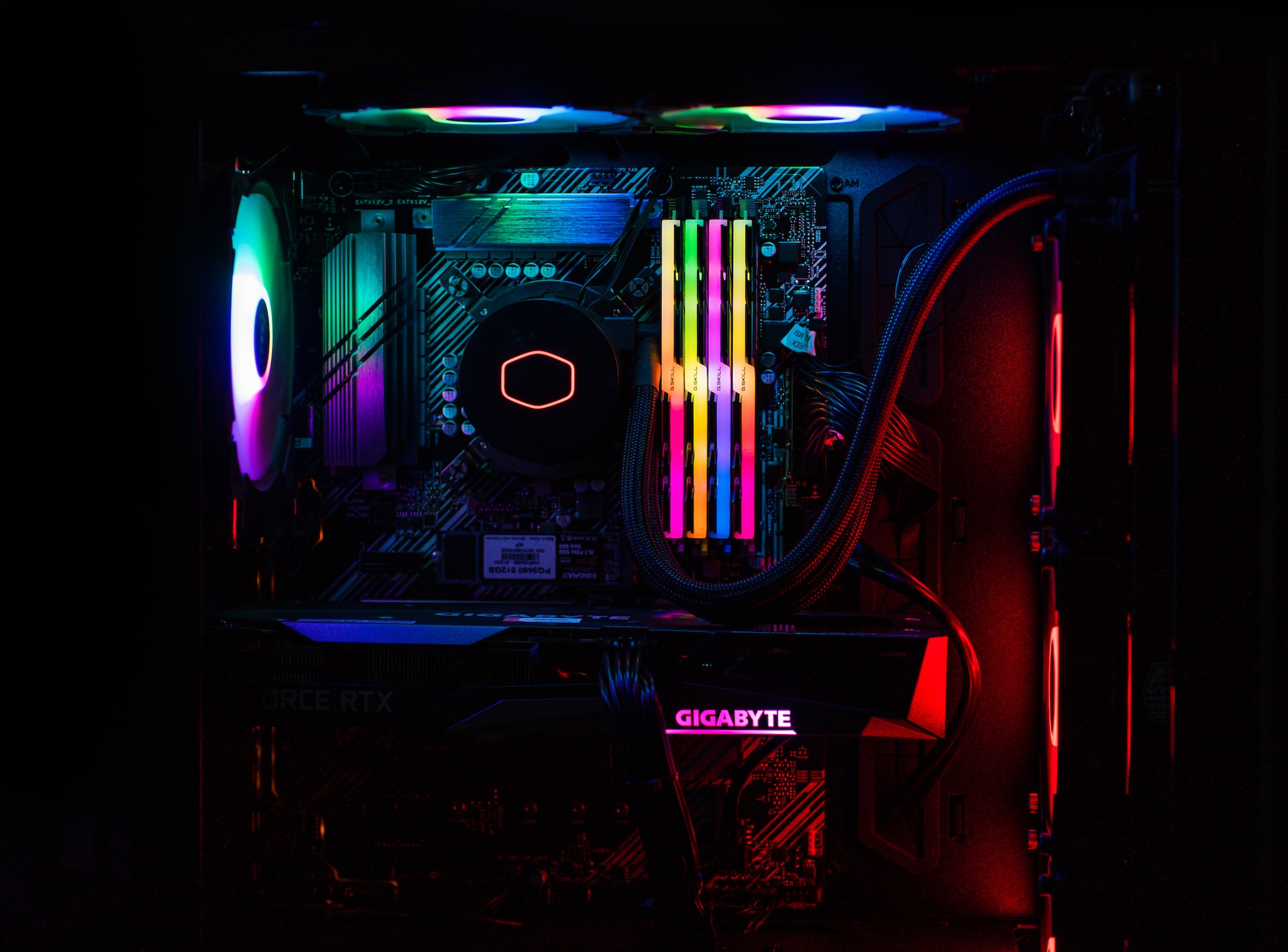With generative AI becoming tech’s latest breakout trend, the biggest brands in social media and search engines are racing to incorporate ChatGPT-style applications into their offerings. While the functionality of these AI integrations have largely underwhelmed and experienced some early mishaps, the uptake of the massive computing power needed to support growing neural networks will undoubtedly boost demand for semiconductors specializing in machine learning.
Though Nvidia currently holds a commanding share of the GPU market, legacy competitors may be able to take advantage of incentives offered by the US’s new CHIPS Act to recalibrate their fabrication capabilities toward AI chips. Startups in the semiconductor industry expect a boom in demand for AI tech to flow downstream to them as well, bolstering income and fundraising potential.
Related ETF: iShares Semiconductor ETF (SOXX)
With every company suddenly rushing toward prompt-based artificial intelligence applications focused on and digital images and chatbots, demand for the infrastructure that underlies these technologies will undoubtedly see an uptick as well. As MRP noted earlier this month, Google and Baidu recently announced imminent launches of brand-new AI software, reaching out to grab onto a trend that they risked falling behind competitors on if they did not begin to roll out offerings soon. In January, it was revealed that Microsoft was planning to invest as much as $10 billion in OpenAI, the tech startup behind popular generative AI tools like ChatGPT and DALL-E. Microsoft has now integrated ChatGPT into its Bing search engine and will soon demo a similar implementation of AI within its Office suite.
The latest companies to jump on board this burgeoning trend are Snapchat owner Snap and Facebook parent Meta. Snap has released a “My AI” chatbot running the latest version of OpenAI’s GPT technology that the company has customized for its users. My AI is now available as an experimental feature for Snapchat+. Meanwhile, Meta has promised the debut of AI “experiences” with text, such as chat with Messenger and WhatsApp. Without providing much more detail, Meta CEO Mark Zuckerberg says the company will focus on developing “AI personas”.
Since the initial implementations of these new AI technologies sound repetitive and have thus far proven to be clunky and error-prone in practice, perhaps the real beneficiaries of this trend are not on the user experience (ux) side of things, but…
To read the complete Intelligence Briefing, current All-Access clients, SIGN IN All-Access clients receive the full-spectrum of MRP’s research, including daily investment insights and unlimited use of our online research archive. For a free trial of MRP’s All-Access membership, or to save 50% on your first year by signing up now, CLICK HERE










